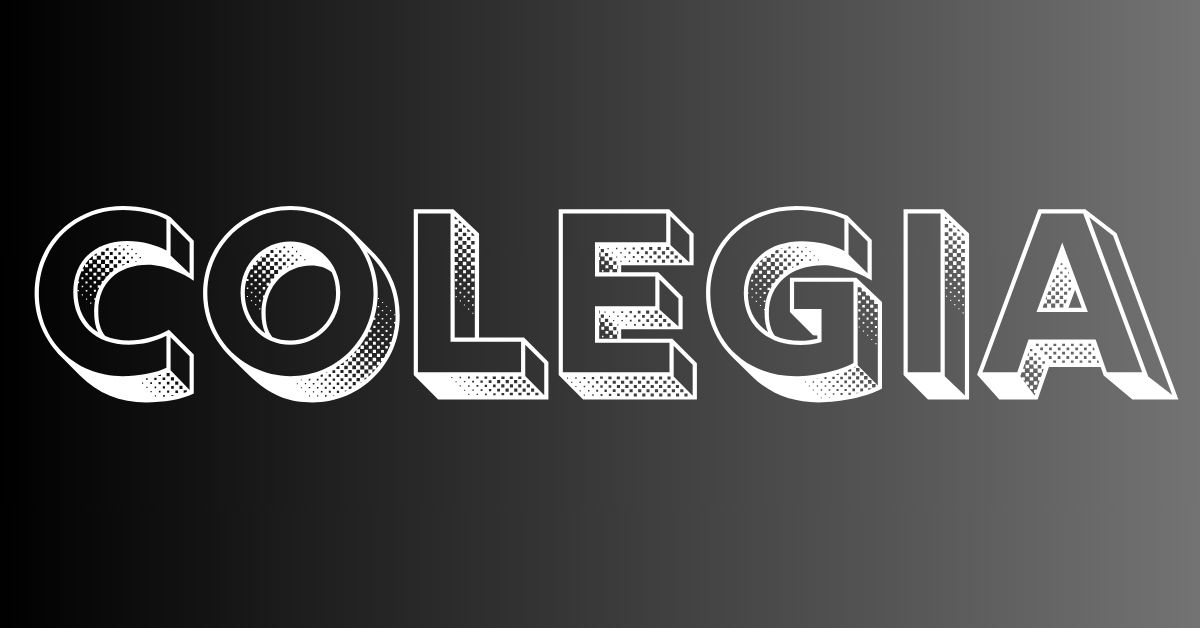Finding out how to become a school counsellor can be tricky. Aside from the qualifications and registrations you need to complete, you wonder what skills are required to become a great school counsellor. The conflicting responses online don’t help, leaving you unsure where to turn or who to trust.
Well, no more. Today, our brief guide outlines the skills and qualifications you need to become a school counsellor. Keep reading to find out more.
What Is A School Counsellor?
A school counsellor works with young people across their school life, from kindergarten to high school. The goal is to help them achieve academic support, psychological health and social and emotional well-being. The role involves psychological counselling, assessment, and working with additional services to refer children where needed. You will also work with the school board, teachers, and parents to create a learning environment that helps each child succeed.
The role varies from school to school, but you can expect some of the duties to include the following:
- Reviewing learning environments to identify areas of improvement
- Helping teachers and parents navigate the learning and behaviour of students
- Assisting students to process their problems, set goals, and take action
- Discussing the potential for attitude and behaviour change
- Developing school policies to support students’ well-being
- Conducting counselling interviews with students assisting with academic, emotional, and social problems
- Acting as a mediator for interpersonal conflicts
What Skills Do I Need To Be A School Counsellor?
Many skills are needed to be a successful school counsellor, including communication, leadership, and resilience. The skills required can vary from role to role, so it is vital to check the job description of any school counsellor role before applying. However, you can expect to need the four skills outlined below:
Empathy
To be a good counsellor, you will need to be empathetic. You will need to listen and respond compassionately and thoughtfully to various issues. Your role is to help students deal with everything they experience through school life, from academic challenges to bullying, friendship conflicts, family problems, and more. You will need to listen and guide them without judgement, allowing them to feel listened to and respected.
An empathetic counsellor is someone students will respect and seek out, allowing you to support them better as a counsellor.
Communication
Another vital skill is communication. It’s easy to tell if you have excellent communication skills – are you the person friends and family turn to during a tough time? Then, you might have the foundational communication skills needed to be a successful school counsellor.
You must be patient, sincere, and have a sense of humour to connect and build trust with children and young adults. This helps students find you approachable and someone they can confide in, making it easier for you to do your job.
Leadership Skills
Leadership skills are necessary to be a good school counsellor. You must work collaboratively with students’ families and school leadership to successfully take control of emotional and traumatic situations. You will need to feel comfortable advocating for the young people you work with, which can require you to be assertive and respectfully forceful with senior management and parents at times.
Resilience
Any counselling role exposes you to challenging and upsetting scenarios, including working as a school counsellor. Handling these situations while maintaining your well-being and supporting students requires excellent resilience. You will need to have tools in place that allow you to care for your mental health while helping students through upsetting and challenging times. The role can be challenging without resilience and risk harming your emotional well-being.
What Qualifications Do I Need To Be A School Counsellor?
The qualifications needed to be a school counsellor vary depending on the authorities in your local area. However, you will need a qualification in counselling to be a school counsellor. A graduate diploma, bachelor’s, or master’s degree in counselling will be required from an accredited university.
You will also need to register with your state’s teaching board and be a member of a professional association for counselling. Each teaching board will have slightly different requirements, so check these to ensure you qualify to be a counsellor. Usually, you must be an Australian or New Zealand citizen or hold a working visa and have a national police and working with children check.
Final Thoughts
The skills required for a school counsellor vary depending on the role and school you are applying to work at. However, you will need to be resilient, with excellent communication, leadership skills, and empathy, to offer your students the best support and guidance.












